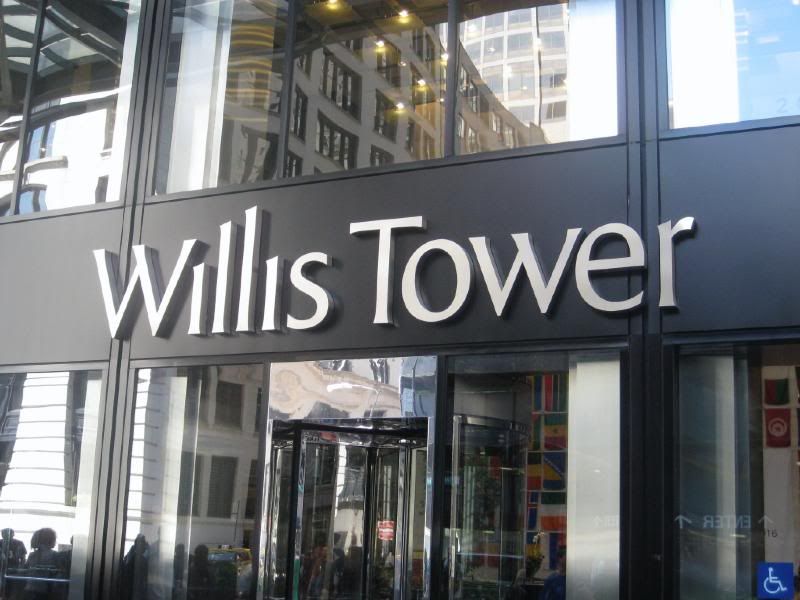Senators Evaluate Bush's Bird Flu Request
WASHINGTON — Senators asked federal health officials Wednesday how they would spend the $7.1 billion dollars President Bush requested a day earlier to prepare the nation for a possible outbreak of the avian flu (search).
"Our goals in seeking this funding are to be able to produce a course of pandemic influenza vaccine for every American within six months of an outbreak," Health and Human Services Secretary Michael Leavitt (search) told the Senate Appropriations Committee.
Leavitt fielded questions from senators on how the president's budget request would be used. The funding will also help provide antiviral drugs and other medical supplies to treat more than 25 percent of Americans.
"We do not know if this virus will set off a global pandemic," Leavitt said. "We do know one will happen at sometime."
Sen. Thad Cochran (search), R-Miss., chairman of the Senate Appropriations Committee , asked Leavitt how quickly Congress needs to act.
"The request before us is described as an emergency. Is it urgent?" Cochran asked.
"We are in a vulnerable situation if it moves person to person," Leavitt responded.
Federal officials said Wednesday that the United States might impose travel restrictions if the bird flu or other super-influenza strain mutates to a person-to-person virus.
A pandemic would send out alarms nationwide for states and cities to ration scarce medications and triage patients to prevent further spread past hospital rooms, according to the federal plan.
The plan follows Bush's announcement on Tuesday on how to prepare the nation for a possible outbreak with a preparedness strategy.
Centers for Disease Control and Prevention Director Julie Gerberding said antiviral drugs have made remarkable progress and could possibly limit the spread of the flu even if a vaccine is not yet available.
"Guidance emphasizes the importance of using antivirals first of all for treatment for people who identify flu-like symptoms and see a clinician within 48 hours. These drugs can reduce the severity and the duration of their symptoms," Gerberding told the Senate panel. "We really do have drugs now that are widely useful for reducing flu complications."
The Bush administration's long-awaited strategy gives guidance to officials on how to organize a plan for their communities.
Asian bird flu has killed more than 60 humans in Southeast Asia, mostly in Vietnam. It has not yet spread from human to human, but in the worst-case scenario outlined by international scientists, it could cause millions of deaths worldwide.
Pandemics, or worldwide outbreaks, strike when the easy-to-mutate influenza virus shifts to a strain that people have never experienced before, something that happened three times in the last century.
The president requested $7.1 billion from Congress to fight a pandemic, including $1.2 billion to stockpile vaccines for 20 million Americans. The government already has ordered $162.5 million worth of vaccine to be made and stockpiled against the Asian bird flu, more than half to be produced in a U.S. factory.
Bush said the bird flu has affected more than 120 people and has had a fatality rate of about 50 percent. While the virus has spread in birds across the globe, no reports of the strain have been recorded in the United States.
The plan includes:
— $1.2 billion to stockpile enough vaccine against the current H5N1 flu strain to protect 20 million Americans, the estimated number of health workers and other first responders involved in a pandemic. If a similar bird flu causes a pandemic, the shots should provide some protection while better-matched versions are manufactured.
— $1 billion for the drugs Tamiflu (search) and Relenza (search), which can treat and, in some cases, prevent flu infection. Enough to treat 44 million people and prevent infection in 6 million others is headed for the federal stockpile. States were told to buy 31 million treatment courses, but Bush is funding only a quarter of their anticipated bill.
— $251 million for international preparations, including improving early warning systems to spot novel flu strains before they reach the U.S.
— $100 million for state preparations, including determining how to deliver stockpiled medicines directly to patients.
— $56 million to test poultry and wild birds for H5N1 or other new flu strains entering the U.S. bird population.
— A call for Congress to provide liability protection for makers of a pandemic vaccine, which unlike shots against the regular winter flu would be experimental, largely untested.
FOX News' Melissa Drosjack and The Associated Press contributed to this report.
















































0 Comments:
Post a Comment
<< Home